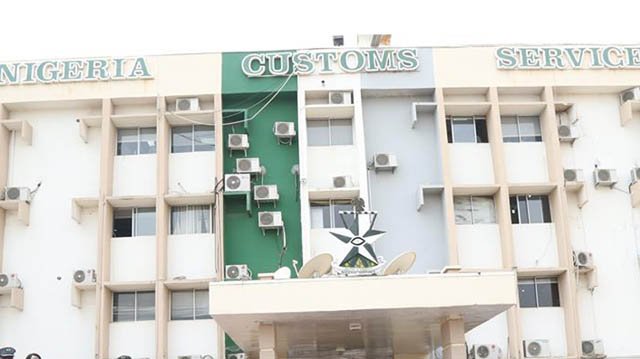The Nigeria Customs Service (NCS) has incorporated key government and financial institutions—including the Central Bank of Nigeria (CBN), the Federal Inland Revenue Service (FIRS), and commercial banks—into its newly developed digital trade facilitation platform known as B’Odogwu.
The integration is intended to simplify trade procedures, promote data sharing among agencies, and improve efficiency in cargo clearance. Developed by the NCS, B’Odogwu is designed as a centralised system to support the federal government’s digitisation goals in international trade operations.
According to Customs officials, the platform connects financial regulators and service providers to real-time decision-making tools and data, allowing for faster processing of imports and exports while reducing delays and costs.
Comptroller Frank Onyeka, Customs Area Controller for Tin Can Island Port, said that most of the initial issues encountered during the rollout have been addressed.
“Over 90 per cent of the integration challenges have been resolved,” Onyeka said. “We’ve seen a marked decline in the number of demurrage cases, and cargo clearance is now more efficient.”
Assistant Comptroller of Customs in charge of ICT at the PTML Command, Oyindamola Oladapo, also commented on the progress, noting that the inclusion of financial institutions was central to the success of the initiative.
“The integration of the CBN, commercial banks, and other stakeholders is aimed at ensuring seamless operations on a unified platform,” Oladapo said.
She added that most commercial banks have already been connected, with discussions ongoing to link the remaining institutions.
Other agencies already integrated into the B’Odogwu platform include the Standards Organisation of Nigeria (SON), the National Insurance Commission (NAICOM), Port Health Services, the National Agency for Food and Drug Administration and Control (NAFDAC), and the National Environmental Standards and Regulations Enforcement Agency (NESREA).
The platform is part of a broader effort to align Nigeria’s trade facilitation systems with international standards and reduce the time and cost of doing business at the nation’s ports.







